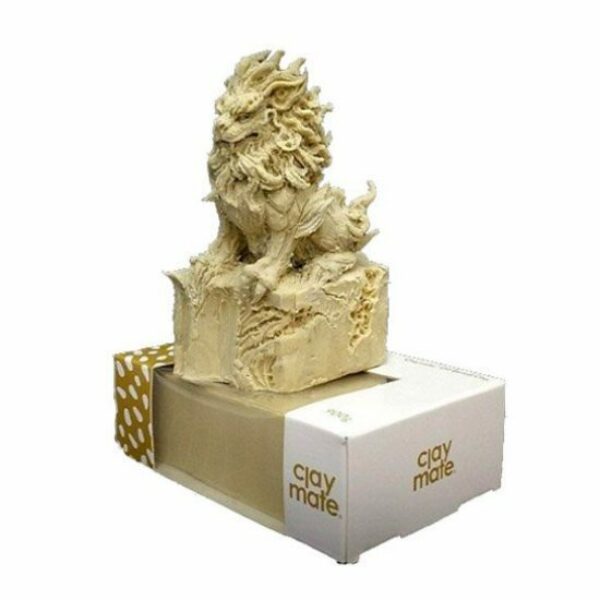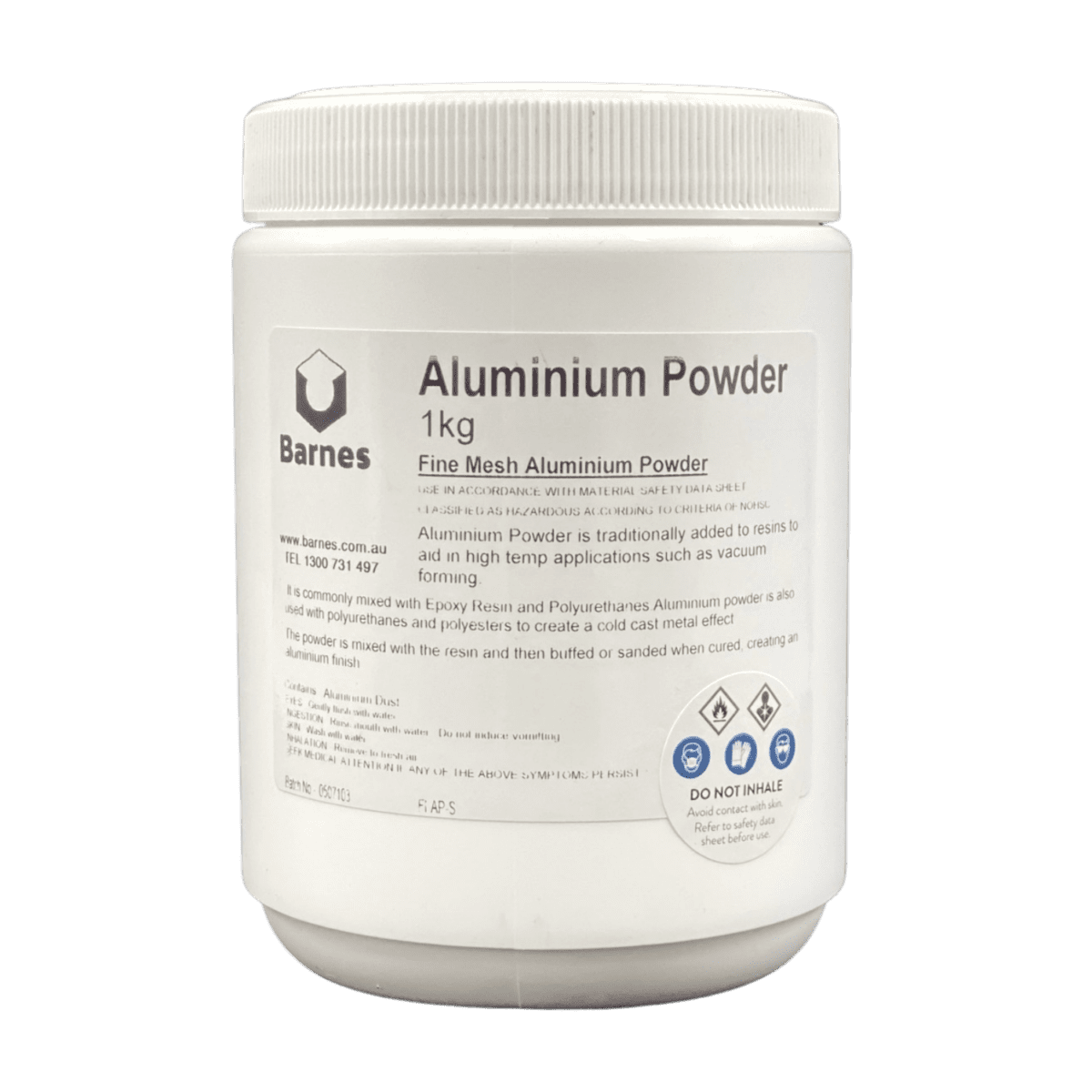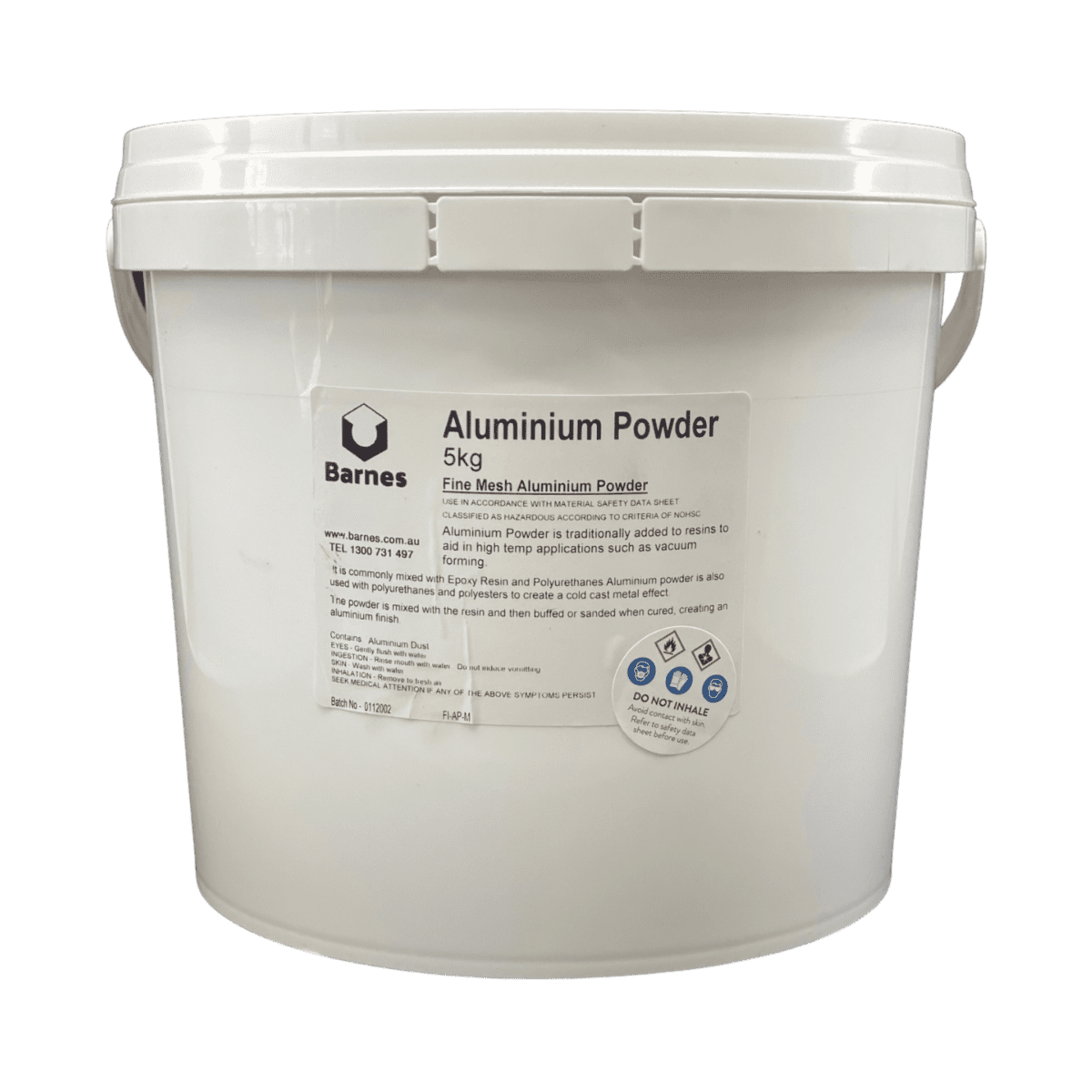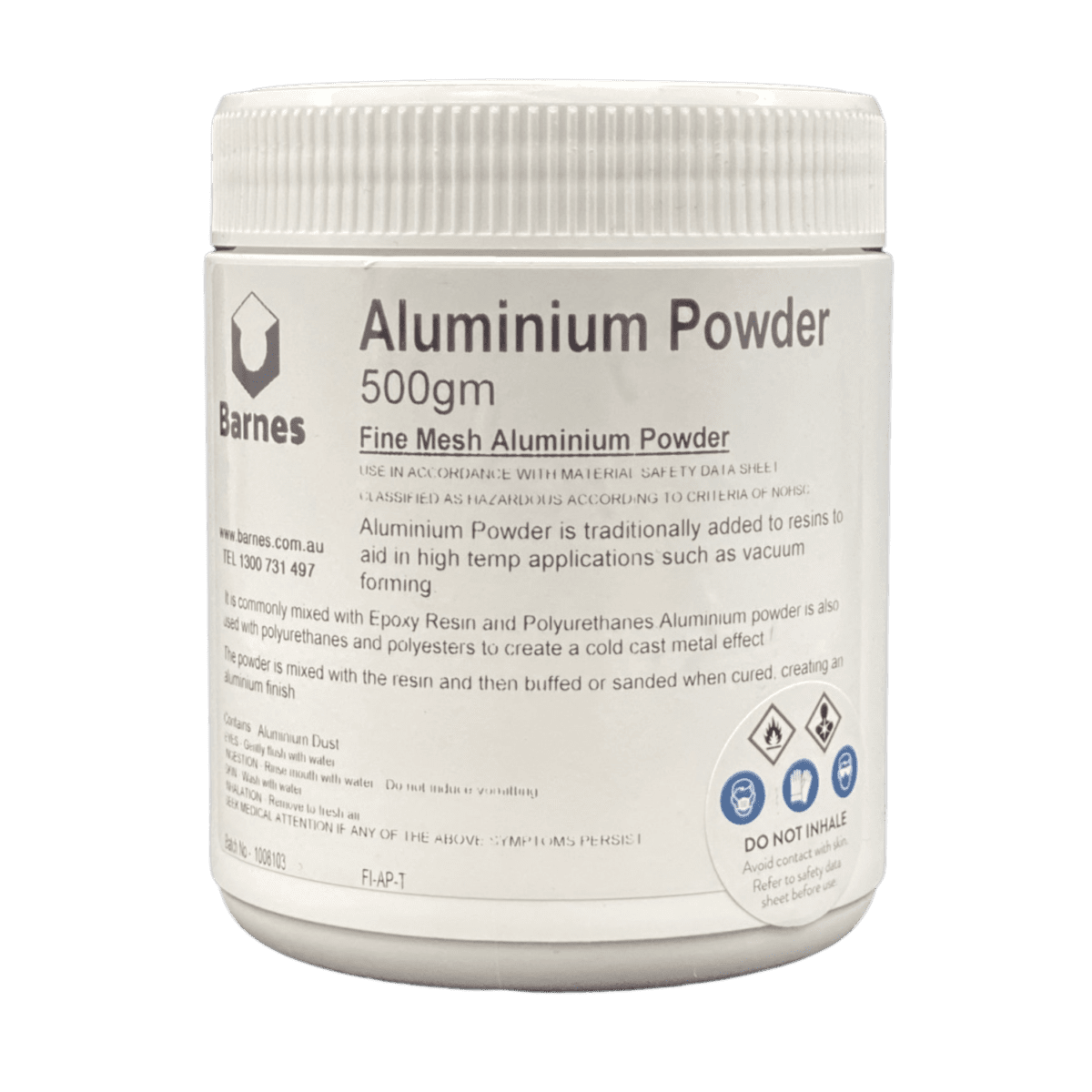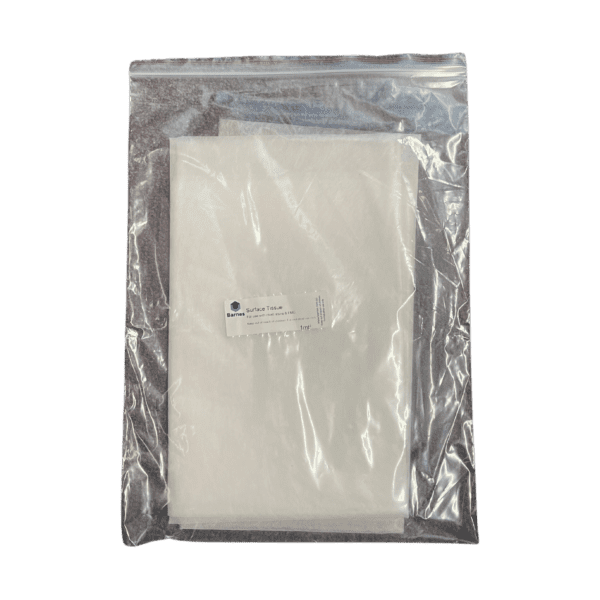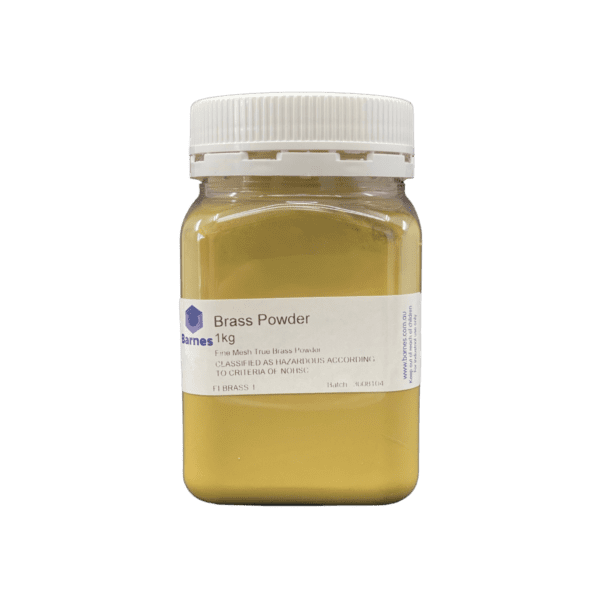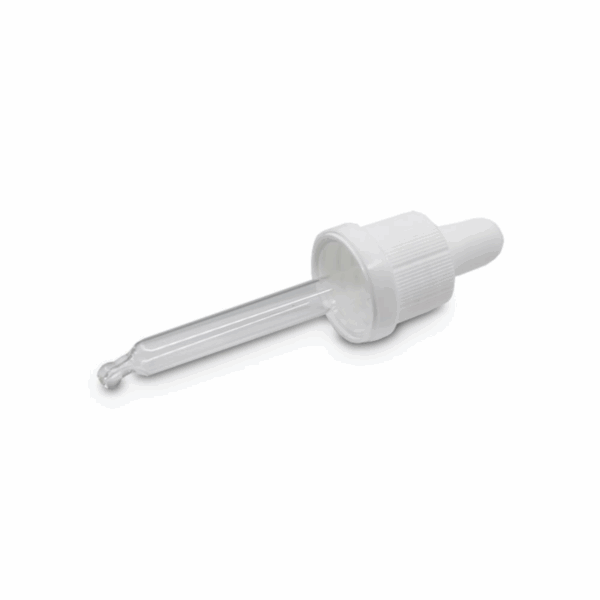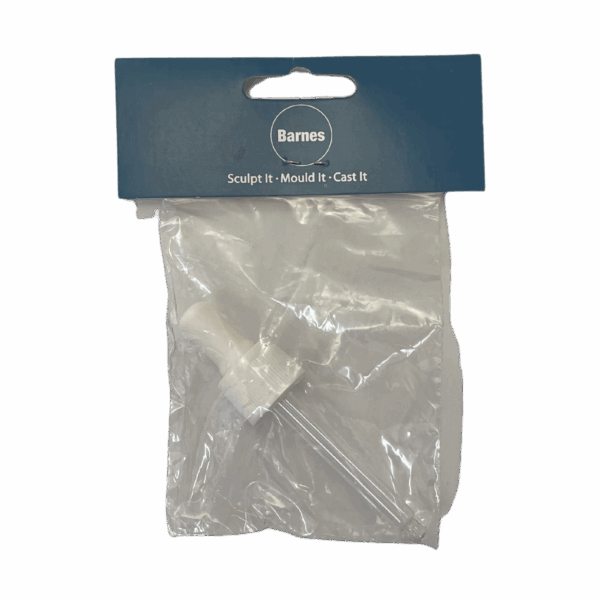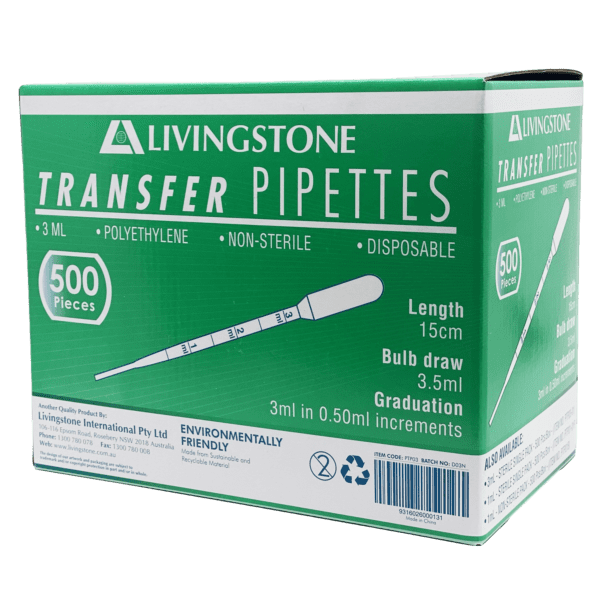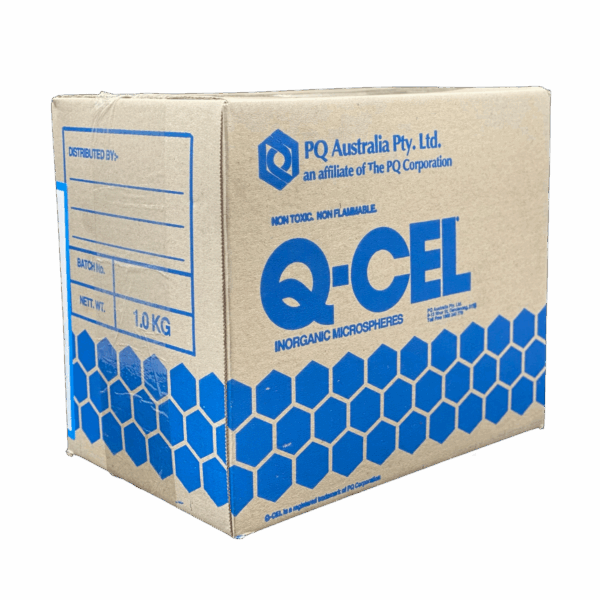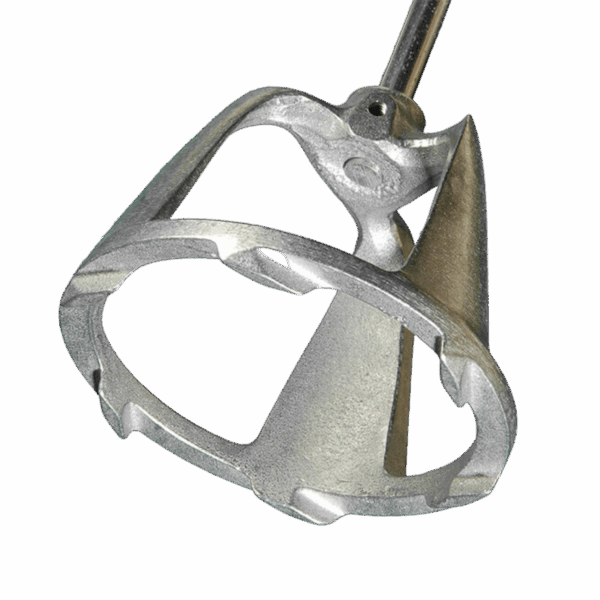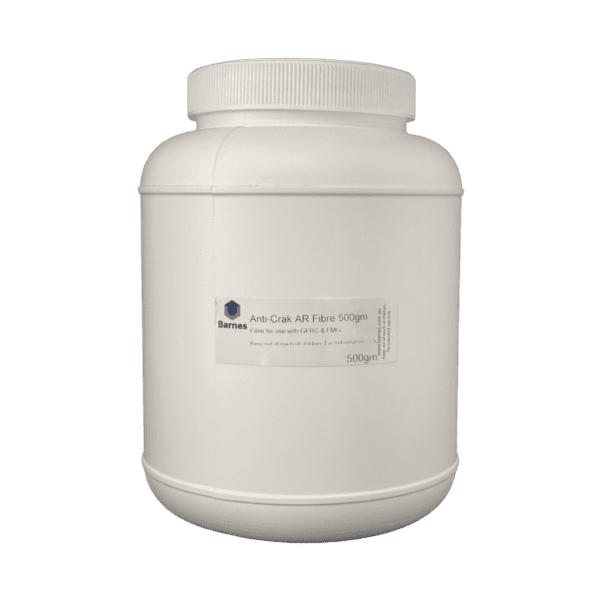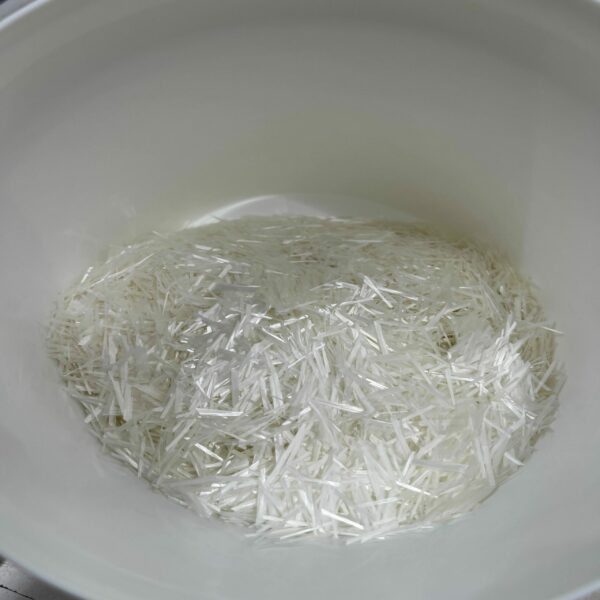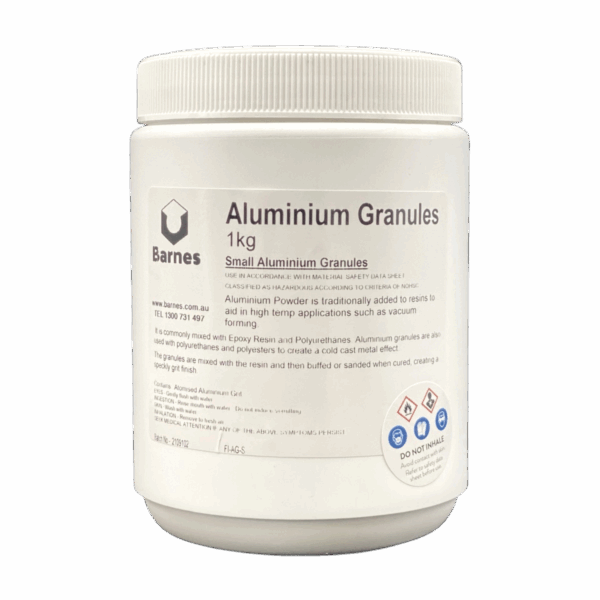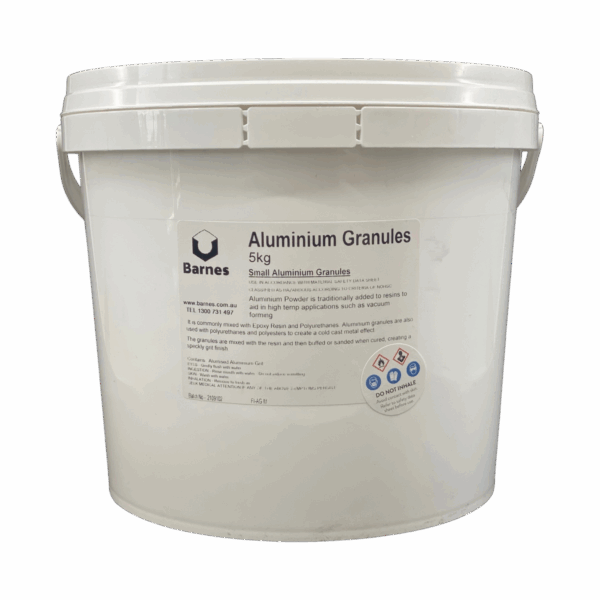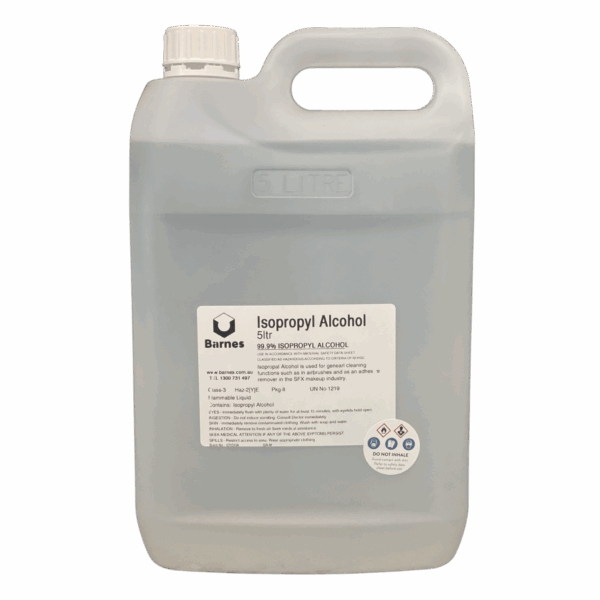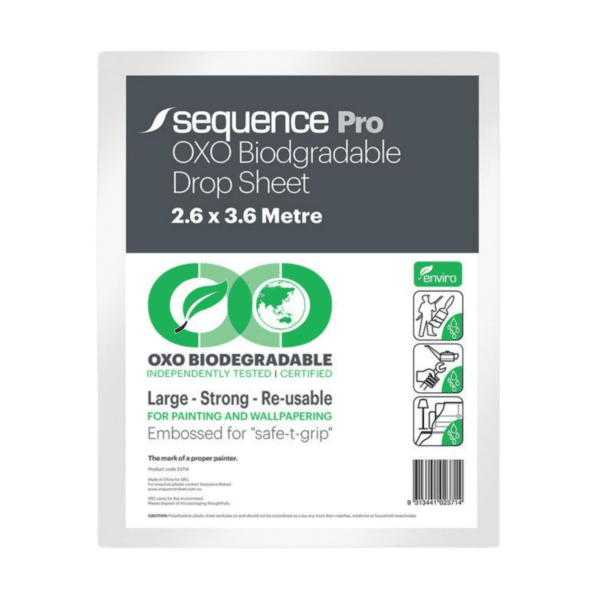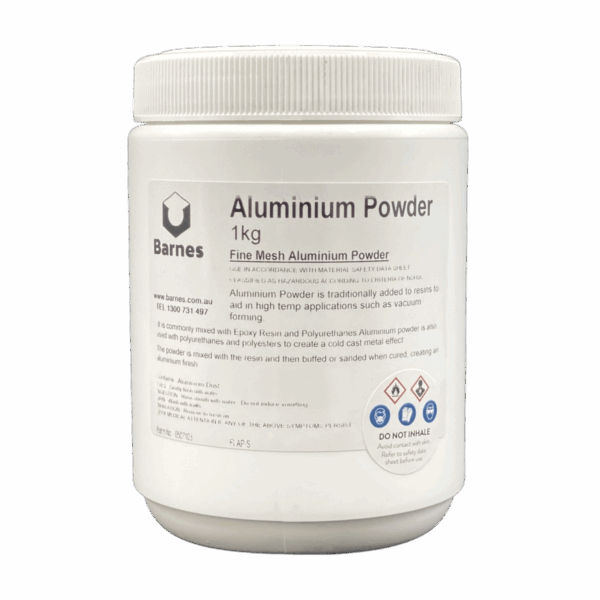Previous product
Back to products
Surface Tissue
$7.48 (inc. gst)
Next product
Brass Powder
From $51.75
Aluminium Powder
SKU: FI-AP-T
$35.65 (inc. gst)
Description
Aluminium Powder is traditionally added to resins to aid in high temp applications such as vacuum forming. It is commonly mixed with Epoxy Resin and Polyurethanes. Aluminium Powder is also used with resins to create a cold cast metal effect. The powder is mixed with the resin and then buffed or sanded once cured, creating an Aluminium finish. These powders give the ultimate metallic leafing finish in resin. Using only a smalll amount into your resin mix you can achieve the most amazing of metal looking finishes. This Aluminium Powder has an average particle size (D50) of 45 microns.
Related products
Eye Dropper
$1.73 – $6.90 (inc. gst)
Eyedroppers are ideal for adding liquid pigments to resins, or for creating effects in resin art using Isoproyl Alcohol or
Pipette Dispenser
From $5.75
An easy and economical way of measuring out those small amounts of MEKP catalyst and colouring resin among other applications.
Q-Cel 520
From $103.50
Q-Cel 520 is a hollow glass micro-balloon which can be mixed with just about any resin. Q-Cel will make the
Hanson Mixer
From $57.50
All purpose mixing blades that attach to a power drill to mix quantities of liquid. This brand mixes with less
AntiCrak Fibre 13mm 500g
$40.25 (inc. gst)
The AntiCrak Fibre 13mm 500g is a premium Alkali-Resistant Fiber used for concrete crack control or gypsum casting. Low percentages
Aluminium Granules
From $57.50
Aluminium Granules are commonly used as a filler in resin moulds for vacuum forming and low pressure injection. Imparts high
Isopropyl Alcohol
From $19.55
Isopropyl Alcohol is probably the most essential product to have on hand at any time, especially in the make-up kit.
Plastic Drop Sheet
$5.75 (inc. gst)
A Biodegradeable plastic drop sheet to help protect your work space. This sheet has dimensions of 2.6m x 3.6m

